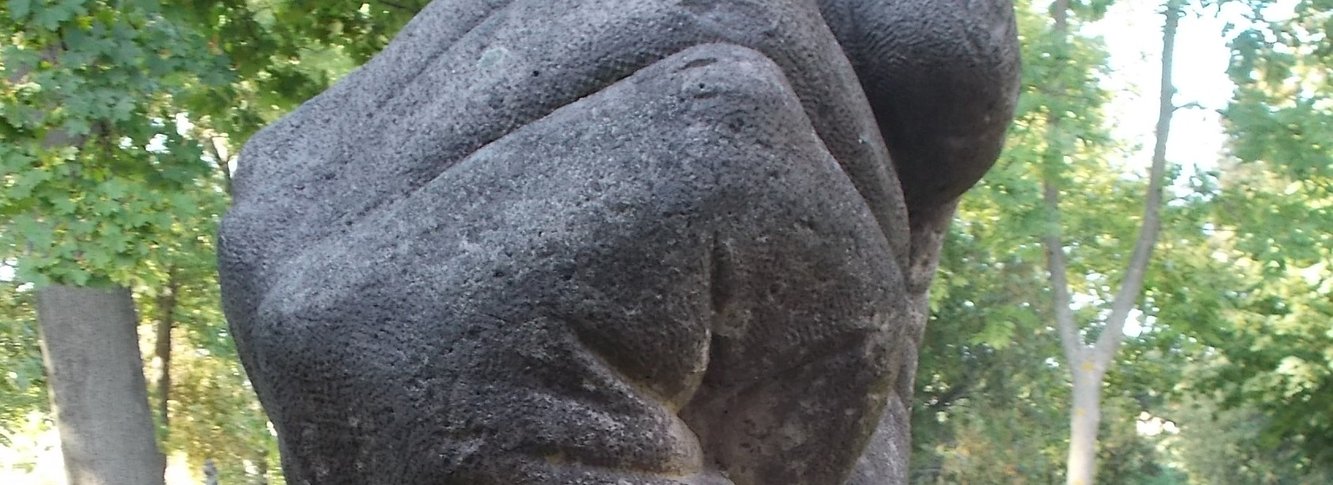| 6 mins read
Spin Dictators examines how dictators transform, adapt, and exploit the weaknesses of democracy in order to survive in the twenty-first century. The authors, Sergei Guriev and Daniel Treisman, have add a new adjective to authoritarianism. But what exactly differentiates old and new dictators?
The authors identify spin (new) and fear (old) dictators in the introduction. For both old and new dictators, ‘the central goal remains the same: monopolize political power’, but the strategies dictators follow have changed and this is where the authors contribute and bring new definitions and operationalisation of the concept. According to the authors, ‘twentieth-century dictators sought comprehensive control over public communications’ and applied violent repression of oppositions through instrumentalising the fear: ‘the typical twentieth-century autocrat was a dictator of fear’.
Twenty-first century dictators are spin dictators who ‘shape public opinion rather repressing public movements’. Spin dictators remove the desire to rebel in public rather than disrupting rebellions. Guriev and Triesman define a state under a ‘fear dictatorship’ as one which is a nondemocracy, where no media critics of government are allowed, where ten or more state political killings occur each year and where at least 1,000 political prisoners are in jail in any one year.
However, if the country is a nondemocracy, if national elections are held in which at least one opposition party is allowed to run; if at least a few media outlets criticise the government each year; if fewer than ten state political killings occur each year and if fewer than 1,000 political prisoners are held in any year, then the authors define the country as a ‘spin dictatorship’.
Key elements of spin dictators
The key elements of spin dictators are ‘manipulating the media, engineering popularity, faking democracy, limiting public violence, and opening up to the world—complement[ing] each other to produce a model of unfree governance’. The dictatorship of spin is ruled through deception rather than fear. The following five chapters examine these elements and the authors discuss in detail how spin dictators apply these elements in various states. The main examples are Lee Kuan Yew in Singapore, Vladimir Putin in Russia, Recep Tayyip Erdoğan in Turkey, Viktor Orbán in Hungary, Nicolás Maduro in Venezuela, Najib Razak in Malaysia and Nursultan Nazarbayev in Kazakhstan.
There are several essential differences between spin and fear dictators. Spin dictators are not ideological and can cooperate with anyone if this serves their survival. Instead of imprisoning dissidents they create deceptive cases of tax evasion and non-political crimes, bankrupt the opposition, or close their media outlets. These new strategies banish opposition from the public sphere.
Unlike fear dictators, spin dictators build their image on competence, peace and prosperity. Spin dictators use media to present themselves as competent leaders and use co-option rather than punishment. They use public opinion polls and pass popular policies. Most importantly, they allow some media to criticise them, so the public accepts these media as credible sources. In times of trouble, however, media are used to present a positive image of the dictator.
In the same way, spin dictators replicate democratic institutions. Indeed, multiparty authoritarian systems survive longer than single-party dictatorships. So, spin dictators show that they are as legitimately elected as their counterparts in democratic states. They regularly hold elections and allow the opposition to run. But on the whole, these oppositions are co-opted, or impeded. Regimes use state resources and the media to carry out fraudulent elections.
Spin dictators exploit international institutions in the way they use democratic institutions at home. To gain approval within the international community and consolidate their image domestically, spin dictators work with western elites, operate with former officials, host international celebrities and contests, and fund media outlets to undermine the western narrative.
In chapter seven, the authors explain the major reasons—such as globalisation and modernisation—that have led dictators to adapt their tactics. Authoritarian leaders transformed their tactics to survive and even spread by using the weaknesses of democratic institutions. In the last chapter, the authors offer strategies on how to prevent the spread of spin dictators and consolidate democracy. They end the book with an optimistic belief in the triumph of democracy.
Spin Dictators is a timely contribution to literature on authoritarianism and democracy. The authors examine the elements of spin dictators in detail and concepts clearly. However, while the authors discuss how dictators adapt, they miss the literature on adaptable authoritarian regimes. They cannot be judged by what is not present in the book, but literature on adaptable autocrats would enrich its arguments. Another issue is with the structure of paragraphs, where the authors mention several spin dictators in a paragraph that unfamiliar readers may find challenging to follow. The book is enlightening for political science students and citizens of non-democratic countries, who may avoid being misdirected by their authoritarian leaders.
Spin Dictators: The Changing Face of Tyranny in the 21st Century, by Sergei Guriev and Daniel Treisman. Princeton University Press. 360 pp. £25
Need help using Wiley? Click here for help using Wiley


